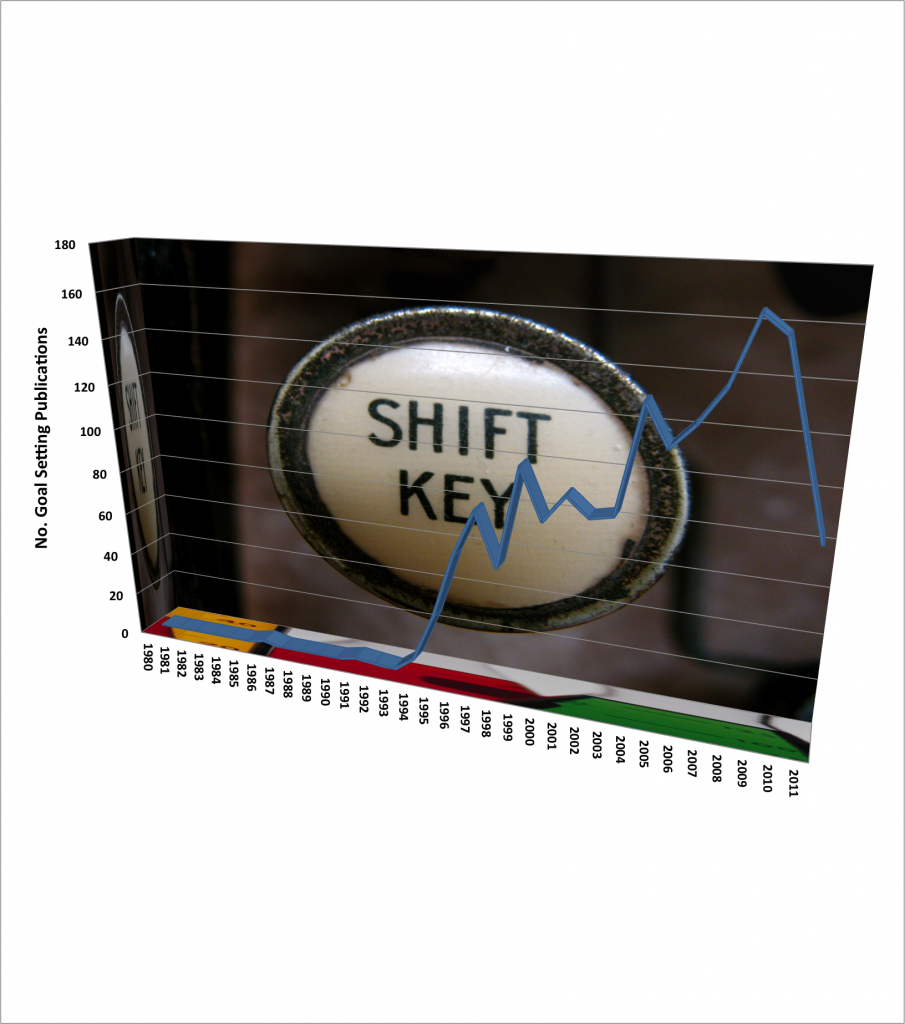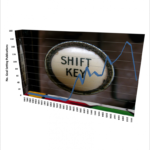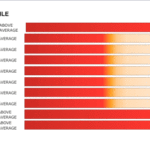How do people react to change? Some Facts and Figures
So how much do we know about people’s reactions to change? I’ve been collecting reactions to change of individuals in my coaching and research for several years. The data below come from over 600 responses to my online tests (except where indicated) – the Change Perception Index and the Luck Readiness Index.
These stats about change – may surprise you!
1. One in three people would avoid change if they could.
Would you normally avoid change if you could?
If you said yes, then you’d join the 34% of respondents who agreed or completely agreed with that sentiment.
2. Over 76.51% of people said they could be fearless in a situation if they need to be.
Would you be fearless if you needed to be? Are the majority merely displaying bravado? Have you seen most other people being fearless?
3. 11.7% of people were ambivalent or actively said they did not enjoy learning new things
How many people do you know who are not interested in learning anything new? More or less than 1 in 10?
4. Goal setting as a way of creating change seems to be less popular now that anytime time since the beginning beginning of the previous decade.
 Graph shows a decline in publications about goal setting since the Global Financial Crisis – are we over goals?
Graph shows a decline in publications about goal setting since the Global Financial Crisis – are we over goals?
5. Almost 1 in 3 people say that if they do not see immediate results for their efforts they usually give up and do something else.
32.2% say they do not persist if they do not see immediate progress, a further 21.3% are ambivalent. Less than half of people say indicate they would persist in the face of a lack of immediate progress.
What does this say about how we structure change programs – either personal or organisational? What does this say about learning experiences?
6. Just over two thirds of people do not find study interesting.
Only 37.5% of people disagreed that study was boring.
What does this say about how our learning and training is structured? What are the implications of this for a dynamic, flexible workforce of lifelong learners?
7. Almost 1 in 4 people say they cannot accept failure if they try something and do not succeed.
21% disagreed that they can accept failure when they do not succeed. A further 16.75% were ambivalent about their ability to accept failure – that’s 37.75% who have some degree of difficulty accepting failure.
How does our fear of failure prevent us from changing, studying, learning and transforming?
8. Almost two thirds of people say that uncertainty about the future worries them
62.71% of people agreed that uncertainty about the future worries them. Only 20.79% said they were not worried about the future.
How does all this worry translate into barriers or catalysts for change? How can we make people more at ease with uncertainty?
9. Almost 9 out of 10 people believe their lives will be very different in five years time.
86.44% of people agreed their lives will be very different in 5 years time. Only 4.52% disagreed.
So nearly everyone believes their lives are going to change. What does this mean for change programs, education, training? How can we leverage this expectation?
10. Less than half agree they have a clear picture of what they are going to be doing and how they are going to get there.
46.55% of people agreed they had a clear picture of their future and how they’d get there. 30.27% definitely disagreed they had such a clear picture, with the rest ambivalent.
So most people think their lives are going to change, but most dont have a clear idea of how they’ll change.
What do these insights into change tell us about change programs, helping individuals or organisations change? What can we do to make study as a method of change more attractive? How can we design change programs to deliver early progress and then sustained progress? How can we help people embrace uncertainty and recognise the value of failure? How do we reconcile the 1 in 3 who would avoid change if they could with the 9 out of 10 who see change as definitely present in their future lives?
Related Posts








I have noted in my own practice over twenty years that there is a strong link between individual’s response to change and their MBTI profile. People who prefer their Intuition, and who are lateral thinkers will see the possibilities in new ideas and situations. Those who also favour their Perceiving function will be more flexible, adaptible, and curious to explore the possibilities.
These people are often the catalysts for change, and use their creativity to mobilise others.
I have found that the common denominator to peoples’ level of interest in learning resides in their sense of the word ‘fun’. Fun can be engendered in may ways: perhaps because their friends are into it or able to participate with them; the learning may be of an area that is of hobby or passionate interest to them; their work needs may demand the learning of them; or curiousity may lead a person to want to learn. This last group are the lucky ones. At some point in the learning the need for self -discipline and determination arises. Achieving a blend of the two – fun and self-discipline — seems to hold the key to having a person want to learn. The learner’s perception of the incentives is the critical ingredient here.
Pingback: Career Coaching News from Bright and Associates Career Solutions May 2014 - The Factory
I have been browsing online mo?? than 4 hour? today, yet ?
ne?er f?und any inteesting article l?ke y?urs.It
is pretty worth eno?gh for me. In my ?iew, if all site owners and bloggers mad? g?od
content as you did, the interneet will ?e a lot m?re usef?l than ever ?efore.